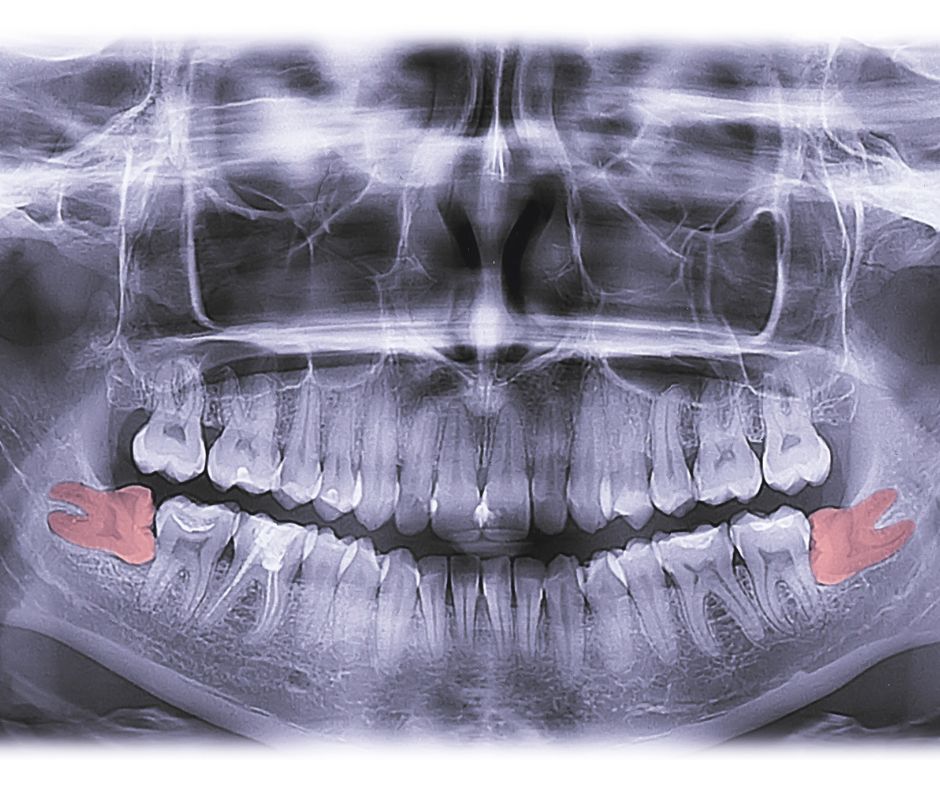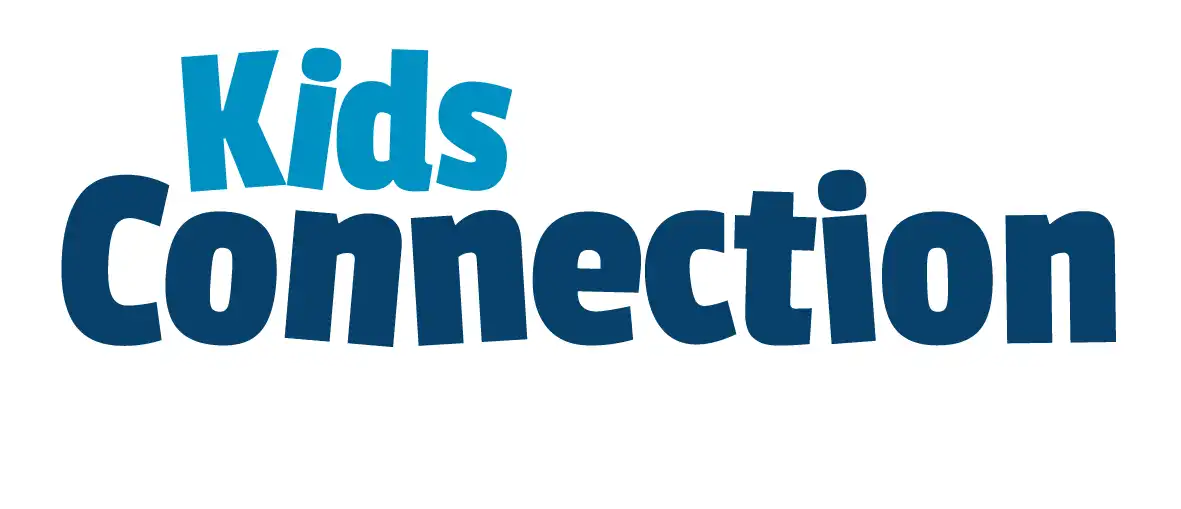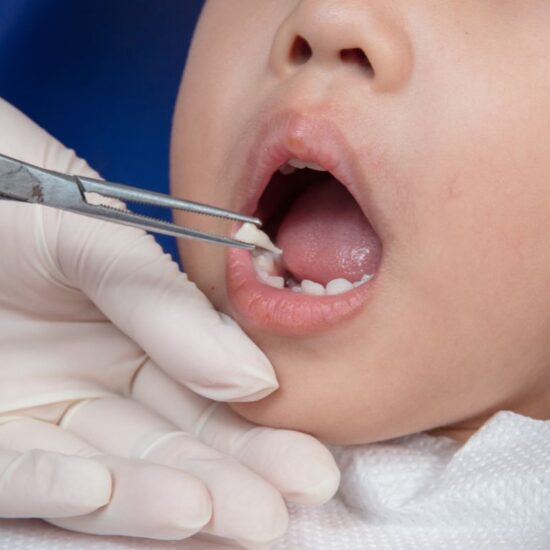Who Needs a Tooth Extraction
As a child, getting a tooth pulled is not uncommon. Many kids get teeth extracted at the dentist, so it is nothing to be afraid of! Here are some reasons your child may need a tooth extraction:
- Spacing – many children require extractions in order to make room for their adult teeth to erupt. Without planned extraction, adult teeth can crowd the mouth, causing issues with eating, speaking, and even overall comfort.
- Dental Injury or Trauma – kids are active, and that means they can sometimes be prone to injury. When a child suffers from a dental injury, the gum and tooth can be impacted. In serious cases, the tooth can be severed from the root. In this case, dental extraction by a dentist will be required to prevent infection or further damage.
- Infection – although rare, even children can develop serious dental or gum infections. When this happens, a dentist will prefer to remove a baby tooth over performing a root canal. Dental infections can spread through the bloodstream, so it is essential to see a dentist at the first sign of infection.
What to Expect
Your child may be a little anxious before getting a tooth extracted – no matter what the reason. The best way to help ease their fear is to prepare them for what to expect. At Kids Connection, our professional team will explain every step of the procedure to you and your child beforehand, so you understand exactly what will happen.
- Getting Comfortable – the first step of the extraction process will be to make your child comfortable. We have a few different methods we use to put them at ease. In addition to creating a safe and comfortable space, we offer nitrous oxide to help alleviate dental anxiety. Before we start any procedure, we make sure your child feels relaxed.
- Numbing – Once we administer the nitrous oxide, we will numb the area around the affected tooth. We do this by injecting a local anesthetic around the gums. After a few minutes, this area will be completely numb, and your child won’t feel a thing!
- Removal – Once we are confident that the gums are numb and your child is comfortable, the dentist will use two techniques to remove the tooth (or teeth). Dental elevators and extraction forceps are used to wiggle the tooth loose and lift the tooth away from the socket, or jawline.
- Bleeding and Cleaning the Wound – after a tooth is extracted, a socket will be left open. This wound will heal quickly, but to ensure that no infection will develop, the dentist will first control any bleeding and then rinse the socket free of any remaining bacteria or tooth fragments. The dentist will then place gauze in your child’s mouth and ask them to bite down on it for the next 10-15 minutes, or until the bleeding stops.
Aftercare
The most important step in a tooth extraction is aftercare. For this, you will need to help your child keep the area clean. While there shouldn’t be any serious pain, the area will be sore for a couple of days. You can ice the outside of the area to reduce swelling and help with any discomfort. At our office, we will provide you with detailed post-care instructions. Ibuprofen or Tylenol may be administered for pain. Here are a few things you can do to help your child heal quickly:
- Stick to a soft food diet for the first couple of days. Eat things like yogurt, soups, mashed potatoes, and Jell-O.
- Take ibuprofen or acetaminophen as needed and as directed.
- Gargle with salt water a couple of times every day to help prevent infection and minimize swelling.
- Use an ice pack on the outside of the jawline or cheek to decrease swelling and pain.
- Avoid using straws.
Wisdom Teeth Extractions

- Impacted or Crowding. Wisdom teeth don’t always erupt straight. Sometimes, wisdom teeth can turn partially or completely sideways and begin impacting other molars and teeth. These impacted wisdom teeth can increase your child’s risk of infection. An x-ray will confirm how the wisdom teeth are growing and when it will be necessary to extract them.
- Sensitivity or Pain. Sometimes, wisdom teeth can cause sensitivity or pain even before they erupt. If your child has been complaining about the back of their gums hurting, it is a good idea to consult with a dentist.
Recovering from Wisdom Teeth Removal
Wisdom teeth extraction differs from a regular tooth extraction in that it requires an oral surgeon to perform the procedure. Because of the complicated ways in which wisdom teeth erupt and attach to the jawline, having them removed by a specialist or in an office that offers oral surgery is highly recommended. In most cases, an oral surgeon can offer both local and general anesthesia.
The recovery period is also a bit more complicated than a regular tooth extraction. Not only do you need to adhere to the post-care instructions that will be provided, but the healing timeframe can be up to two weeks to feel normal. Pain meds can be administered as directed, and your oral surgeon may prescribe pain medication that can be stronger if needed.
Pediatric Tooth Extraction in Phoenix, AZ
We are proud to offer all tooth extraction procedures for your child at Kids Connection. Whether due to discomfort, crowding, an injury, or recommended by the dentist – we can make sure your child is comfortable. Please schedule an appointment today if you think your child needs a tooth extraction.
We are happy to provide a consultation! Three convenient locations around Phoenix and are open every day of the week to make it convenient for families with busy schedules. Our team looks forward to caring for all of your child’s dental needs!

